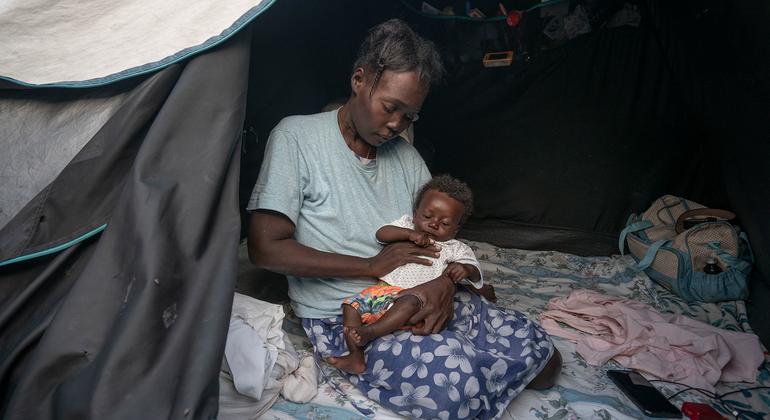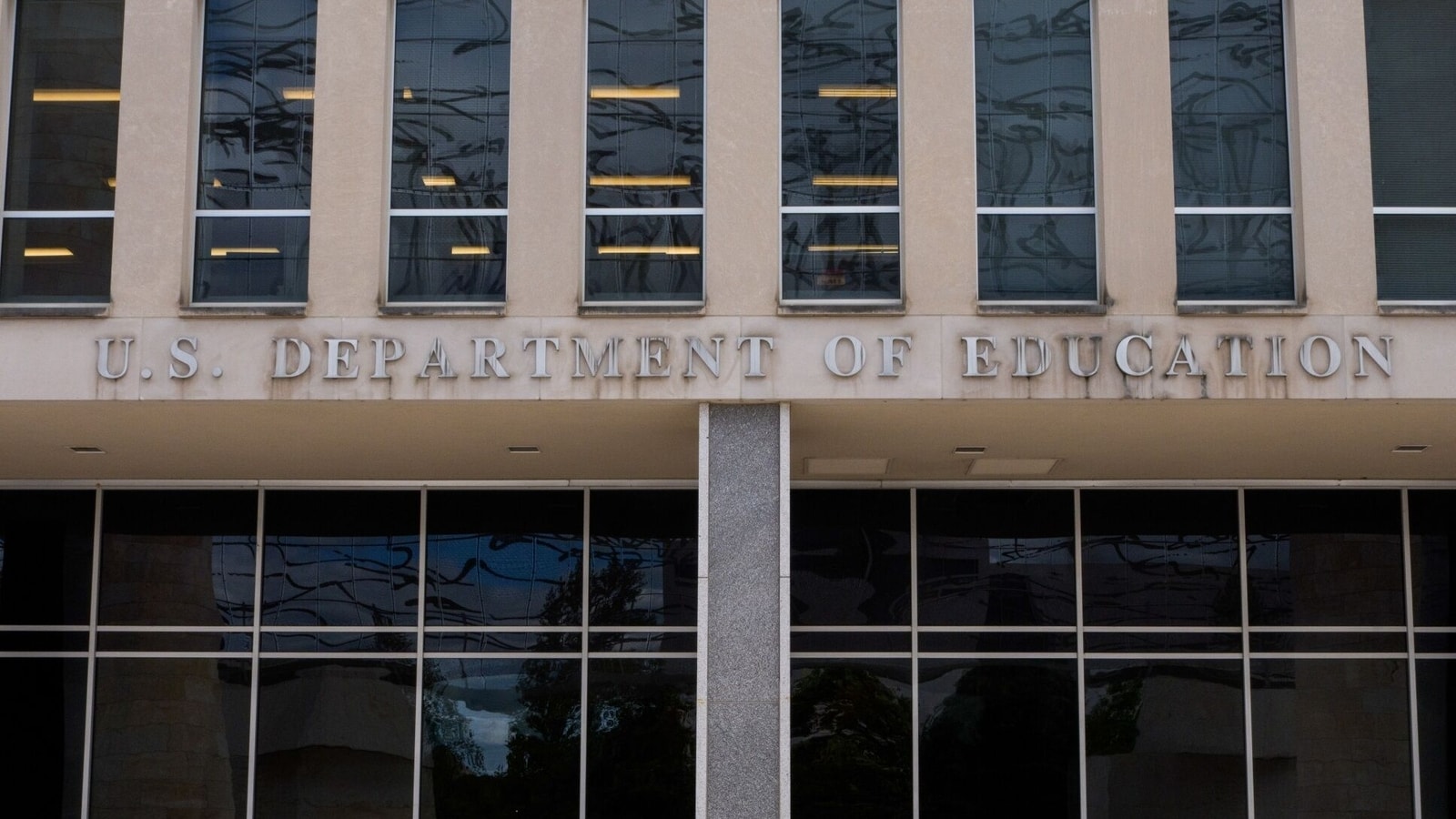The alert follows the release of the latest Integrated Food Security Phase Classification (IPC) analysis which reveals that a record number of people in the Caribbean country are experiencing acute levels of hunger.
“Half of Haiti is going hungry”, WFP Executive Director, Cindy McCain said in a tweet.
“While 5.7 million people are facing severe hunger, child malnutrition has doubled in just two years,” she added.
Today, 14 per cent of children under five are malnourished, up from 7 per cent, with some areas recording even higher rates.
$139 million needed
The UN agency highlighted that armed violence, economic decline, persistent inflation, and poor agricultural output are fueling Haiti’s deepening crisis.
“WFP has reached a record 2.2 million Haitians—but it’s not enough. We urgently need resources to support families in dire need,” said Ms. McCain.
Over the next 12 months, the agency requires $139 million to assist Haiti’s most vulnerable people as the crisis remains severely underfunded.
UN condemns ‘deliberate targeting of civilians’ in Sudan
At least 57 civilians were killed by drone attacks in El Fasher in Sudan on Friday and Saturday.
In a press briefing on Monday, UN spokesperson Farhan Haq echoed the statement by the Humanitarian Coordinator in the country, Denise Brown, in which she “condemned in the strongest possible terms the repeated and deliberate targeting of civilians in the besieged city of El-Fasher.”
In her statement, Ms. Brown stressed that “hospitals, shelters, and places of refuge must not be targeted” and reiterated her appeal for “respect for international humanitarian law and an immediate end to attacks on civilians and civilian infrastructure.”
The attacks were reportedly carried out by the Rapid Support Forces (RSF), one of the sides to the conflict in Sudan, and struck a location where displaced people had sought shelter.
Mr. Haq added that in recent days the UN has seen reports from local community leaders bringing to the fore further civilian casualties in an alleged drone strike in an area held by the RSF.
“We and our humanitarian partners remain committed to supporting the people of El Fasher and all those affected by the conflict across Sudan, but the humanitarian community requires safe and unhindered access,” he said.
“Civilians must be protected and above all, the people of Sudan need the violence to stop.”
Maldives is first country to halt mother-to-child transmission of HIV, syphilis and hepatitis B
The Maldives has become the first country to stop mother-to-child transmission of HIV, syphilis and hepatitis B, the World Health Organization (WHO) announced on Monday, hailing it as a landmark public health achievement.
The island nation, located in the Indian Ocean, has already eliminated transmission of HIV and syphilis from mother to baby and the HIV milestone was proof of its commitment to providing healthcare for all, the UN agency said.
“Maldives has shown that with strong political will and sustained investment in maternal and child health, elimination of mother-to-child transmission of these deadly diseases, and the suffering they bring, is possible,” said Tedros Adhanom Ghebreyesus, WHO Director-General.
Mother-to-child transmission leads to infections that affect millions worldwide.
In southeast Asia alone, more than 8,000 infants were born with congenital syphilis in 2024, WHO said.
About 25,000 HIV-positive pregnant women required treatment to prevent transmission to their babies, while hepatitis B continues to affect more than 42 million people across the region.
WHO said it will support the Maldives in its efforts to advance broader progress in maternal, child and adolescent health.


